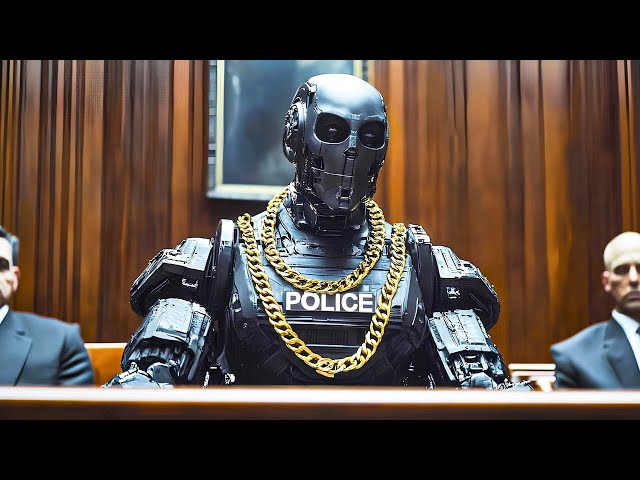
**Chappie: A Tale of Artificial Consciousness and Human Greed**
**Introduction**
Set against the backdrop of a crime-ridden Johannesburg, *Chappie* explores the ethical and emotional implications of artificial intelligence. This review focuses on the film’s narrative depth, character development, and the moral questions it raises about creation, control, and consciousness.
**Storyline Summary**
In a near-future Johannesburg overrun by crime, the government deploys an AI-powered robotic police force known as Scouts, designed by the Tetraval corporation. These titanium robots drastically reduce crime, but their creator, Deon Wilson, dreams of building a robot capable of human-like thought and emotion. Against company policy, he develops a true AI program and secretly installs it into a damaged Scout unit, naming the robot Chappie.
Chappie is soon kidnapped by a local gangster, Ninja, who intends to use him for a heist. Under the influence of Ninja and his partner Yolandi, Chappie is torn between his innate innocence and the harsh realities of his environment. Meanwhile, Tetraval’s weapons designer, Vincent Moore, grows jealous of Deon’s success and sabotages the Scout units, plunging the city back into chaos. The story culminates in a battle for survival, redemption, and the very definition of life and soul.
**Performances & Direction**
The film thrives on its character-driven moments, particularly through Chappie’s evolution from a childlike entity to a conscious being grappling with morality. The dynamic between Ninja’s ruthlessness and Yolandi’s maternal instincts creates a compelling contrast, shaping Chappie’s understanding of the world. Deon’s struggle to protect his creation adds emotional weight, while Vincent’s villainy stems from believable professional envy rather than cartoonish malice. The direction balances action with quieter, introspective scenes, allowing the audience to invest in Chappie’s journey.
**Music & Technical Aspects**
The soundtrack complements the film’s tone, blending electronic beats with moments of emotional resonance, though it doesn’t particularly stand out as groundbreaking. Visually, the CGI used for Chappie and the other robots is seamless and expressive, making Chappie’s emotions feel authentic. The action sequences are well-choreographed, especially the final confrontation with the combat robot Moose. Overall, the technical execution supports the narrative without overshadowing it.
**Conclusion**
*Chappie* is a thought-provoking blend of sci-fi action and philosophical inquiry, asking what it means to be alive and who has the right to control consciousness. Its strength lies in making viewers care deeply about a machine’s soul. If you enjoy films that challenge the boundaries of humanity and technology, don’t miss *Chappie*. Share your thoughts in the comments after watching!




